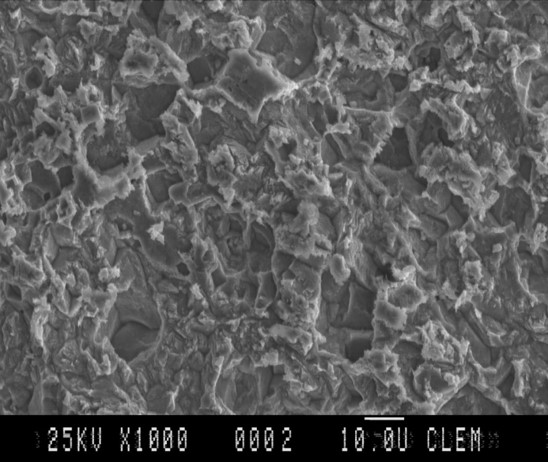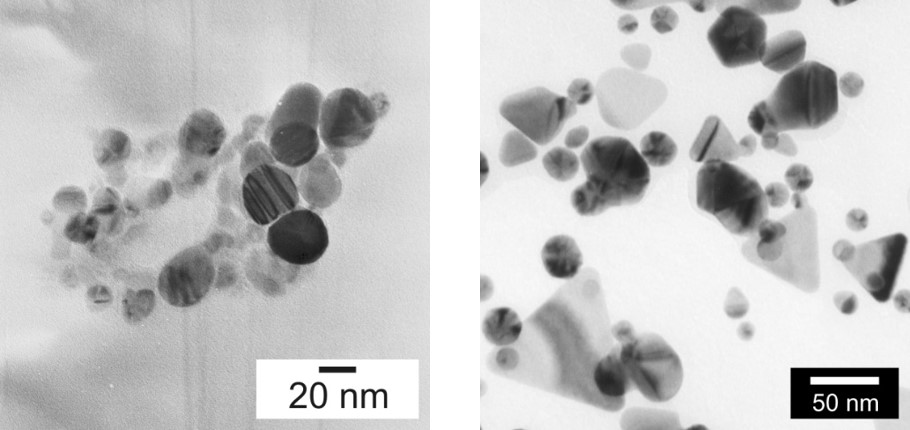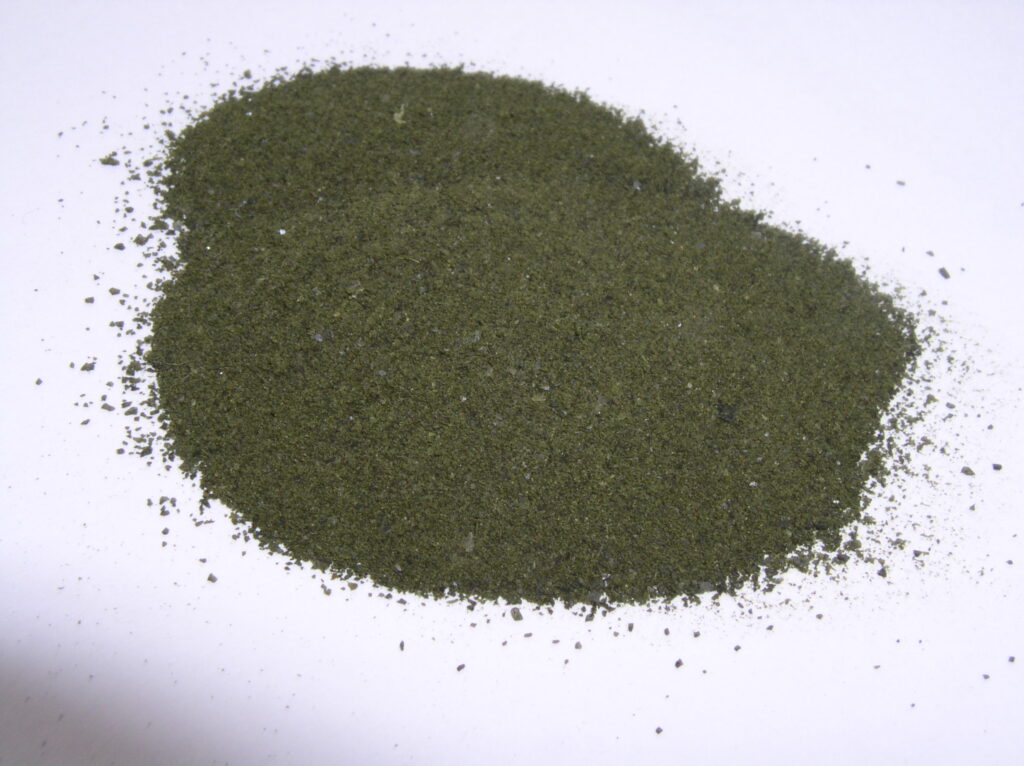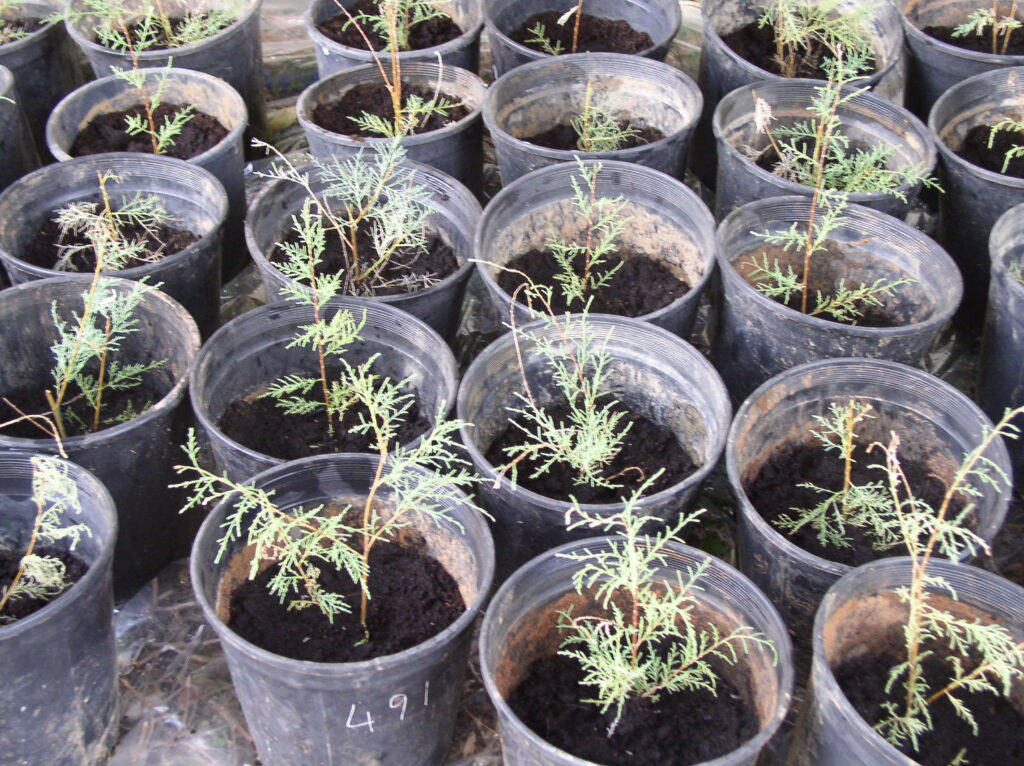
PROCESSING RAW MATERIALS AND CRITICAL METALS RECOVERY
Within our research activities, we have rich experience in processing various waste materials containing metals using bacterial processes. We have focused on the processing of used batteries (Ni-Cd, alkaline, Li-ion), as well as used printed circuit boards from computers and LED monitors, aiming to extract metals from them. We are exploring ways to utilize bacterial processes on a broad scale in the industry, including our patented process of bio-pickling of sheet metal.


Our goal is to process waste with the direct production of commercially viable products. Currently, we are engaged in the production of various nanoparticles, especially Ag, Au, and SiO2 nanoparticles, and studying their potential for further applications. In addition, we apply phytoremediation techniques for metal recovery from soil and soil remediation.
In our research, we specialize in applying biotechnological processes in the processing of selected low-grade ores, such as lithium mica (lepidolite), and in the processes of obtaining metal ions from leachates. Among the biological methods we have studied and consider highly promising for further applications are biosorption (using sorbents prepared solely from biomass) and bioprecipitation (production of solid substances by microbial precipitation). In the field of critical metals recovery, we can verify the possibilities of using biological processes (without adding any toxic substances) in the formation of nanoparticles. One of our research goals is to integrate biological processes in raw material processing with the production of biofuels.
All our activities are aimed at developing technologies that will be significantly more environmentally friendly compared to existing technologies. We also focus on understanding the impact of biotechnological processes on individual components of the environment. We assess the stress that metals cause to plants and explore the possibilities of using phytoremediation techniques in soil cleaning. We have experience in evaluating the stability of silver nanoparticles in the environment and their impact on the aquatic and soil microbiome. We also study the effects of magnetic fields on various microbial processes.


